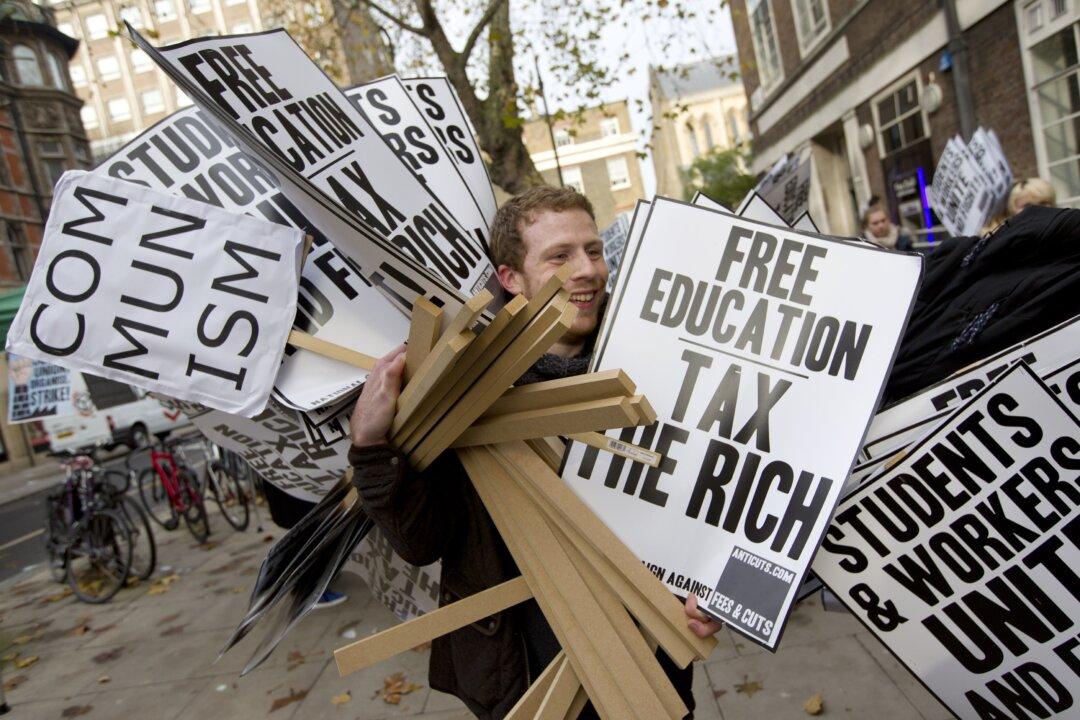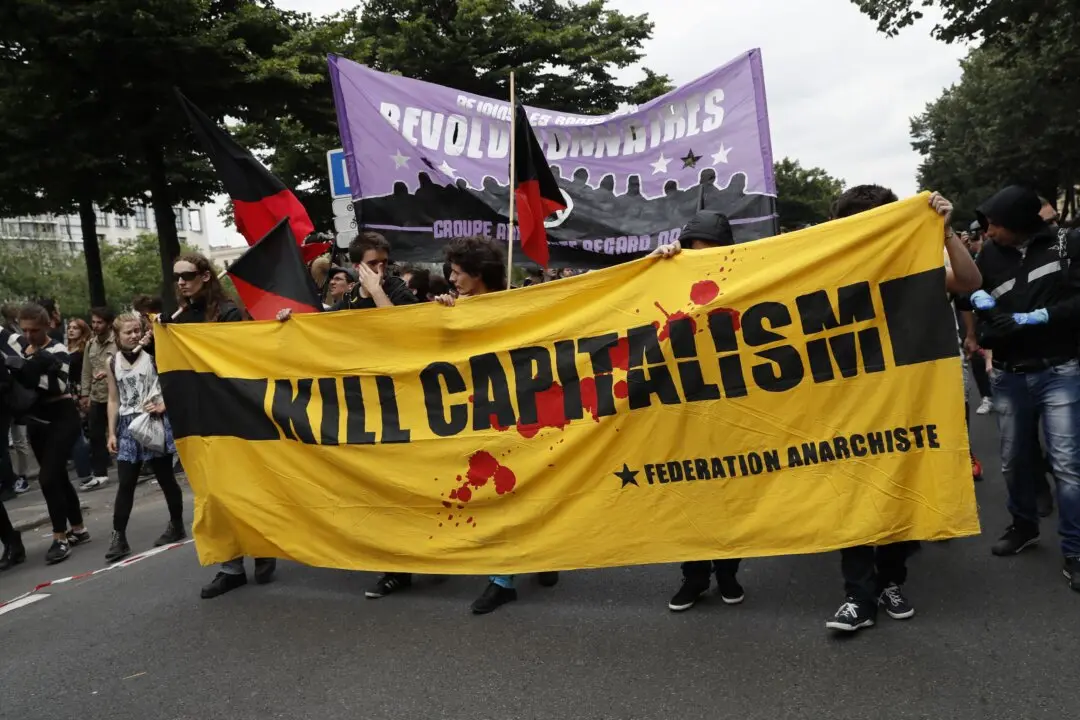Commentary
I agree with my libertarian friends that government repeatedly, even habitually, makes a mess of things through its economic (actually, antieconomic) interventions into various marketplaces. When it comes to illegal drugs, however, the doctrinaire libertarian argument that drug use is a “victimless crime” is simply wrong.





